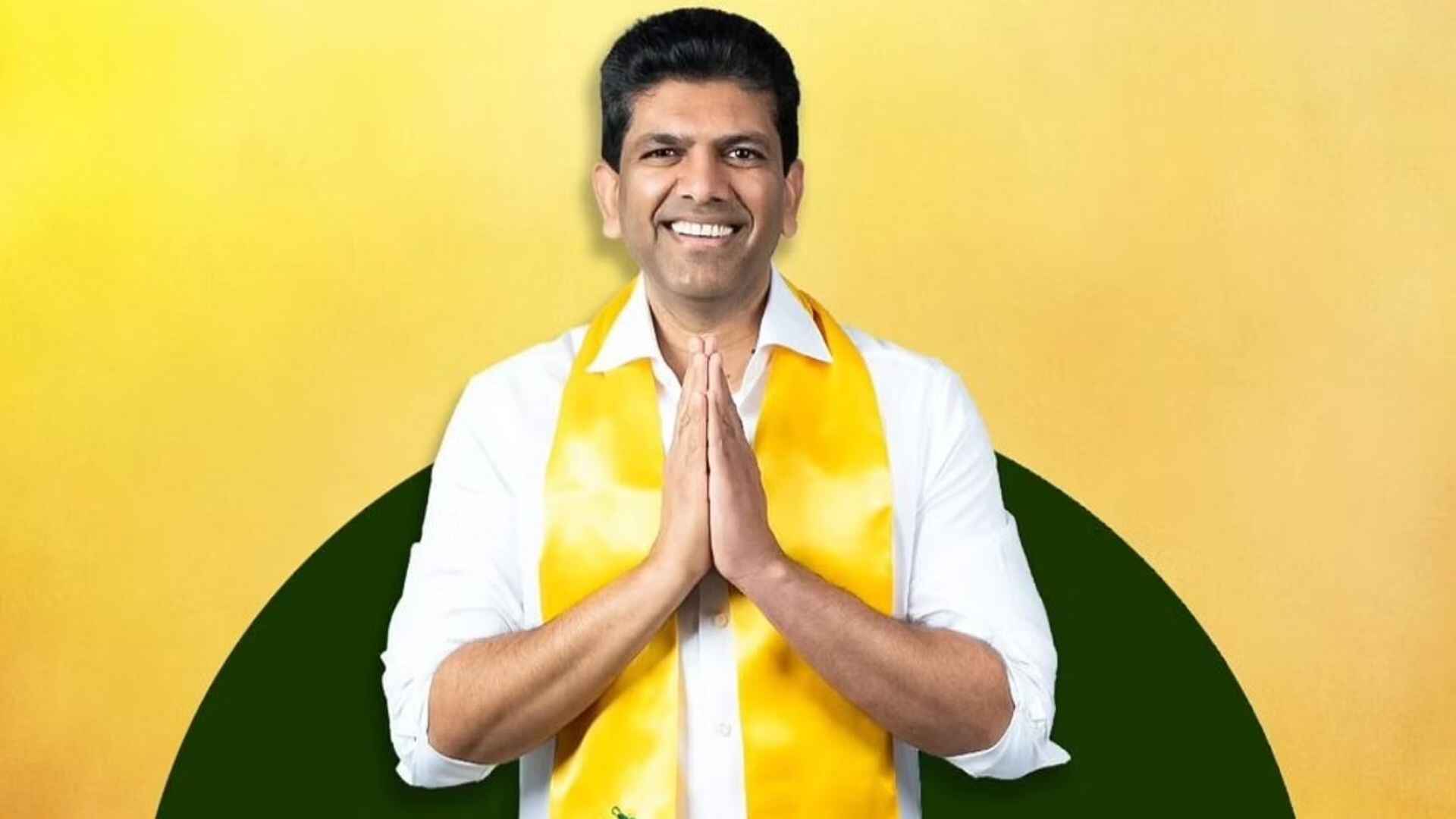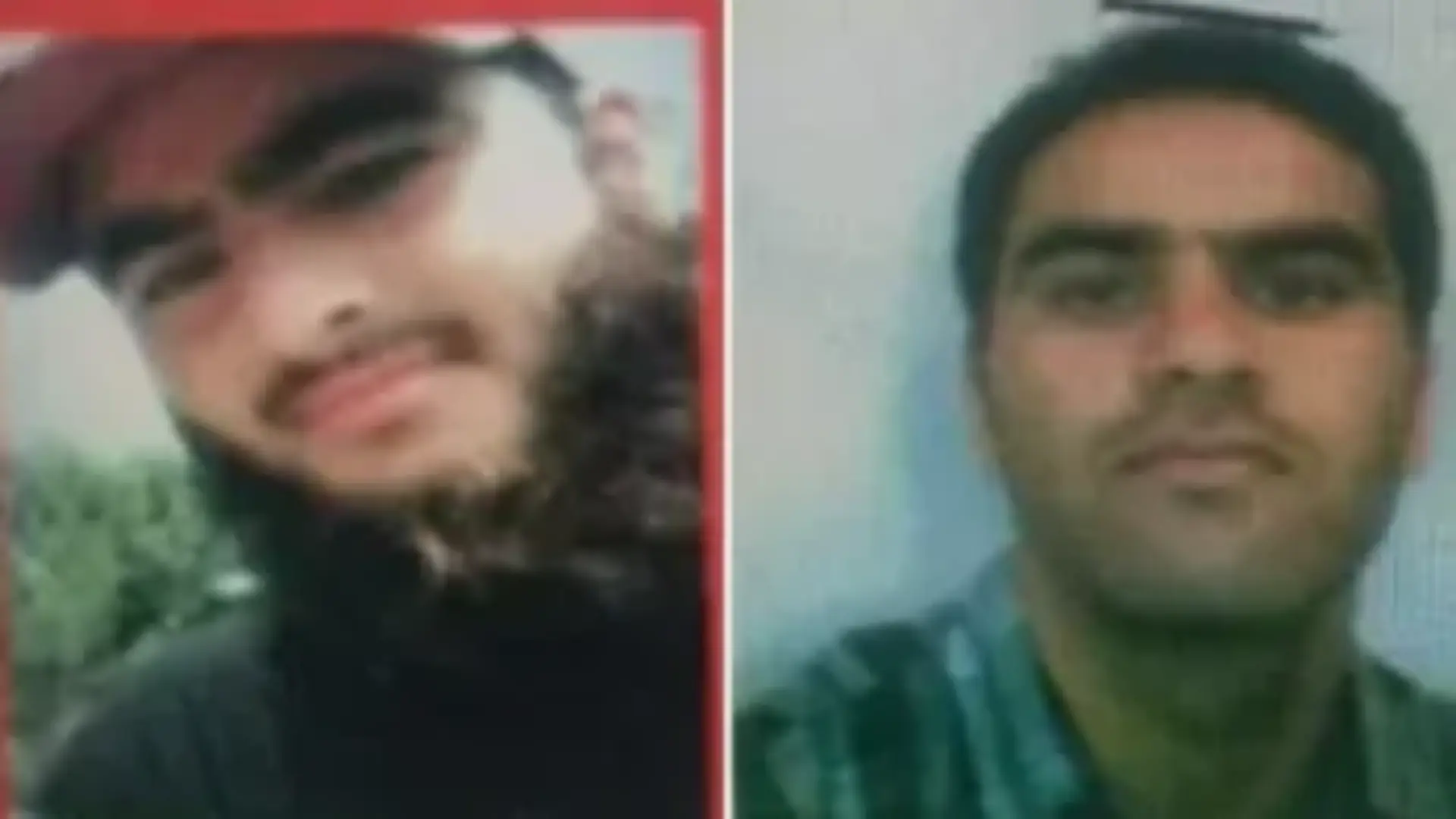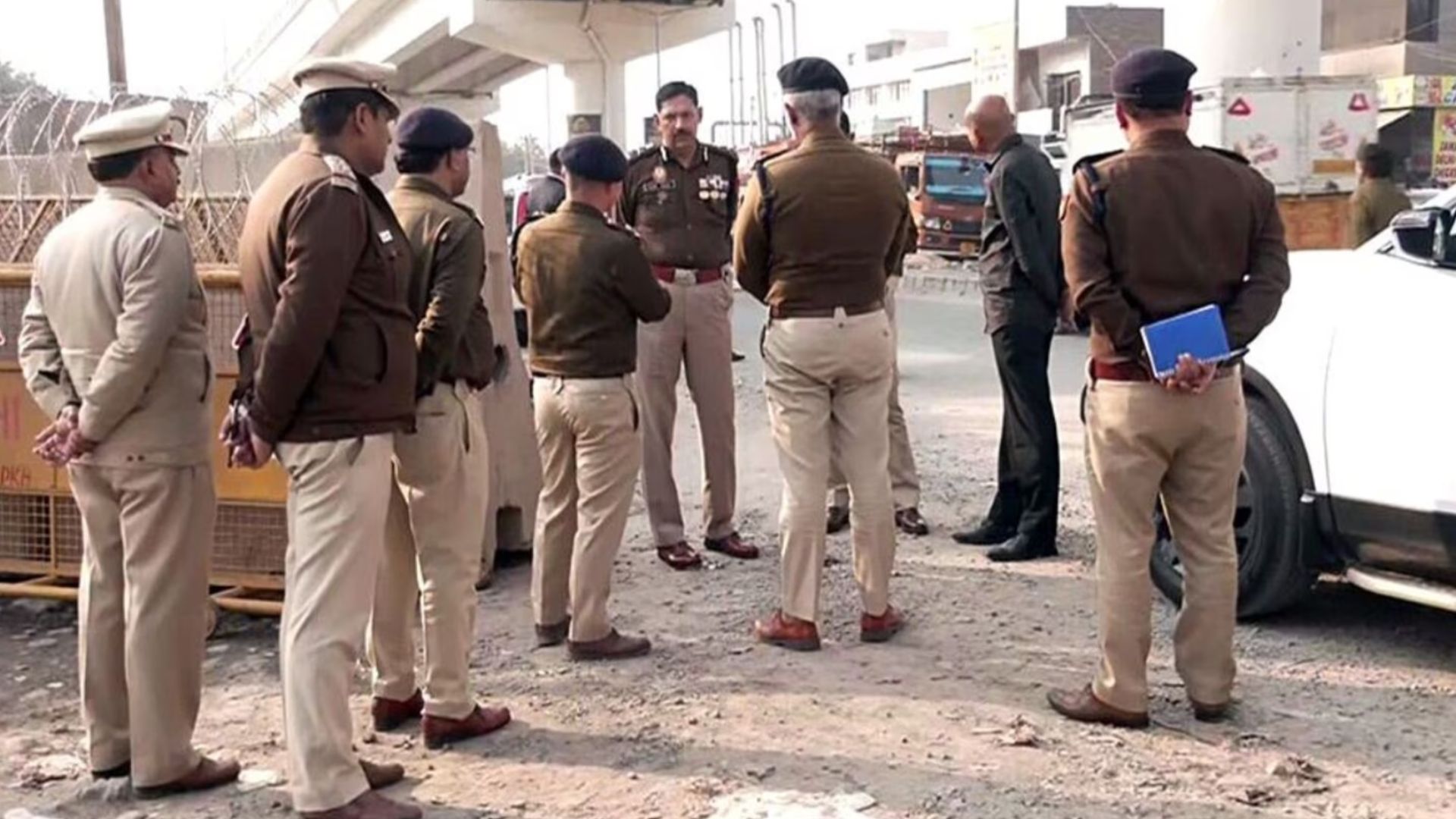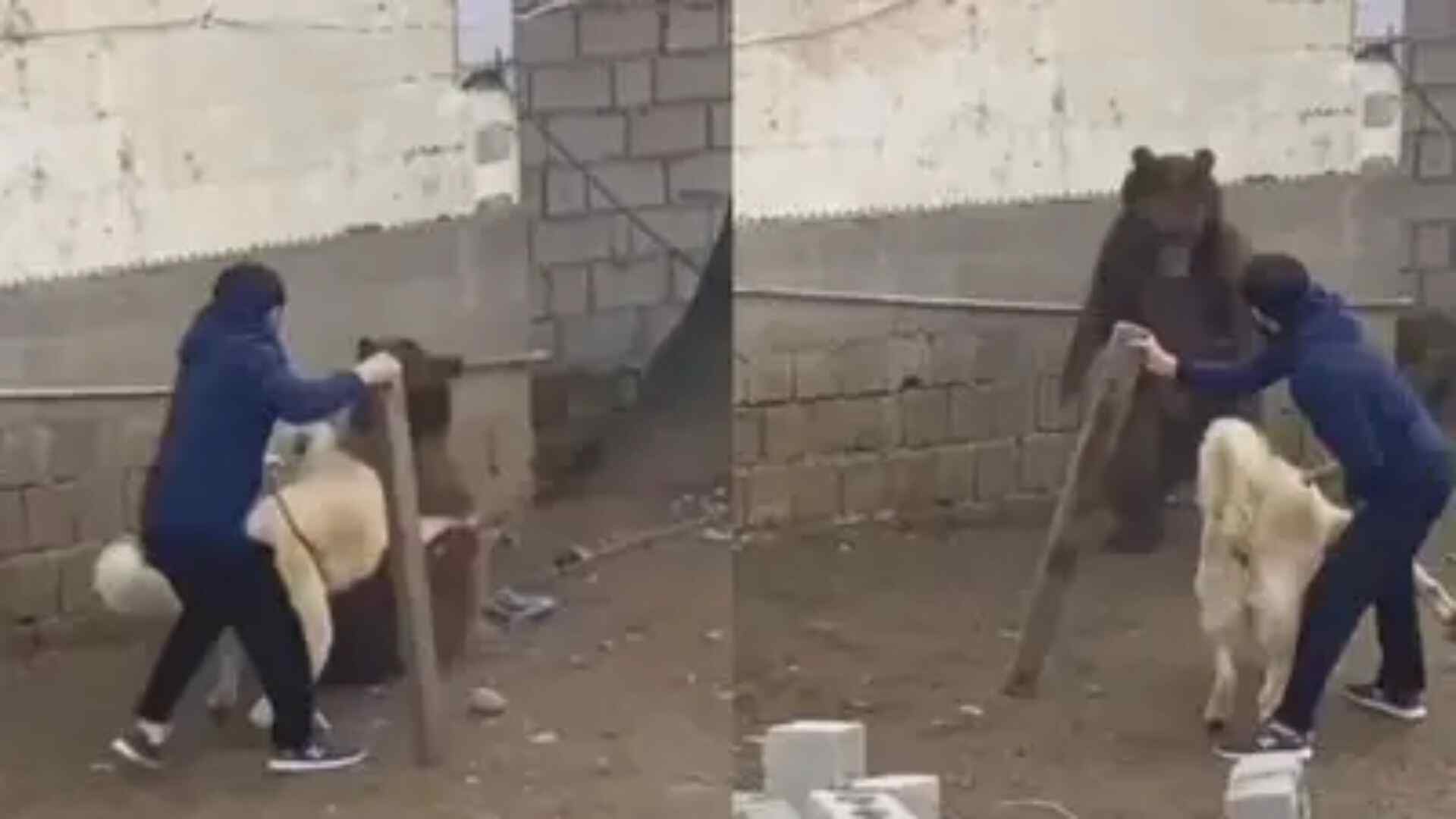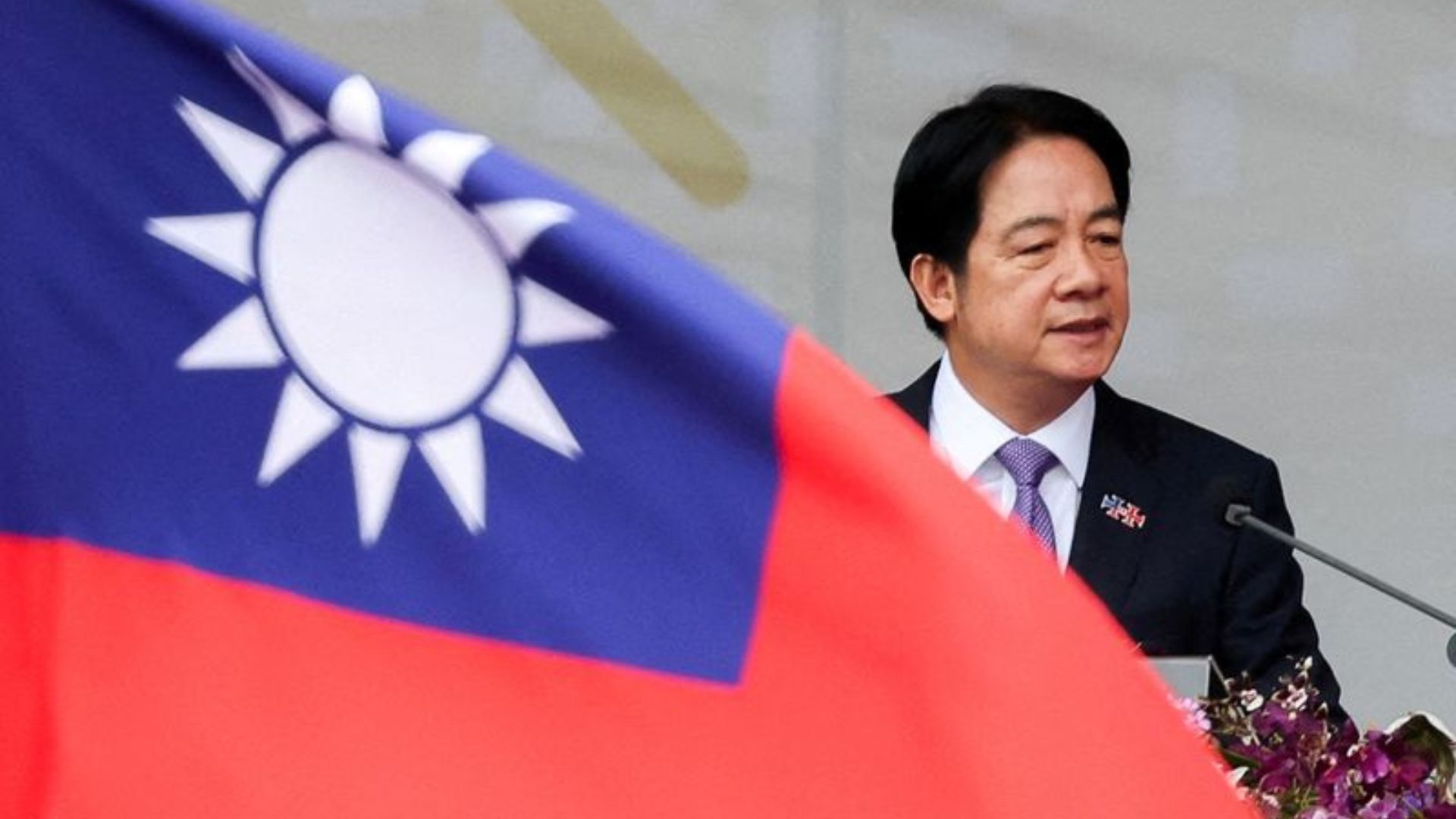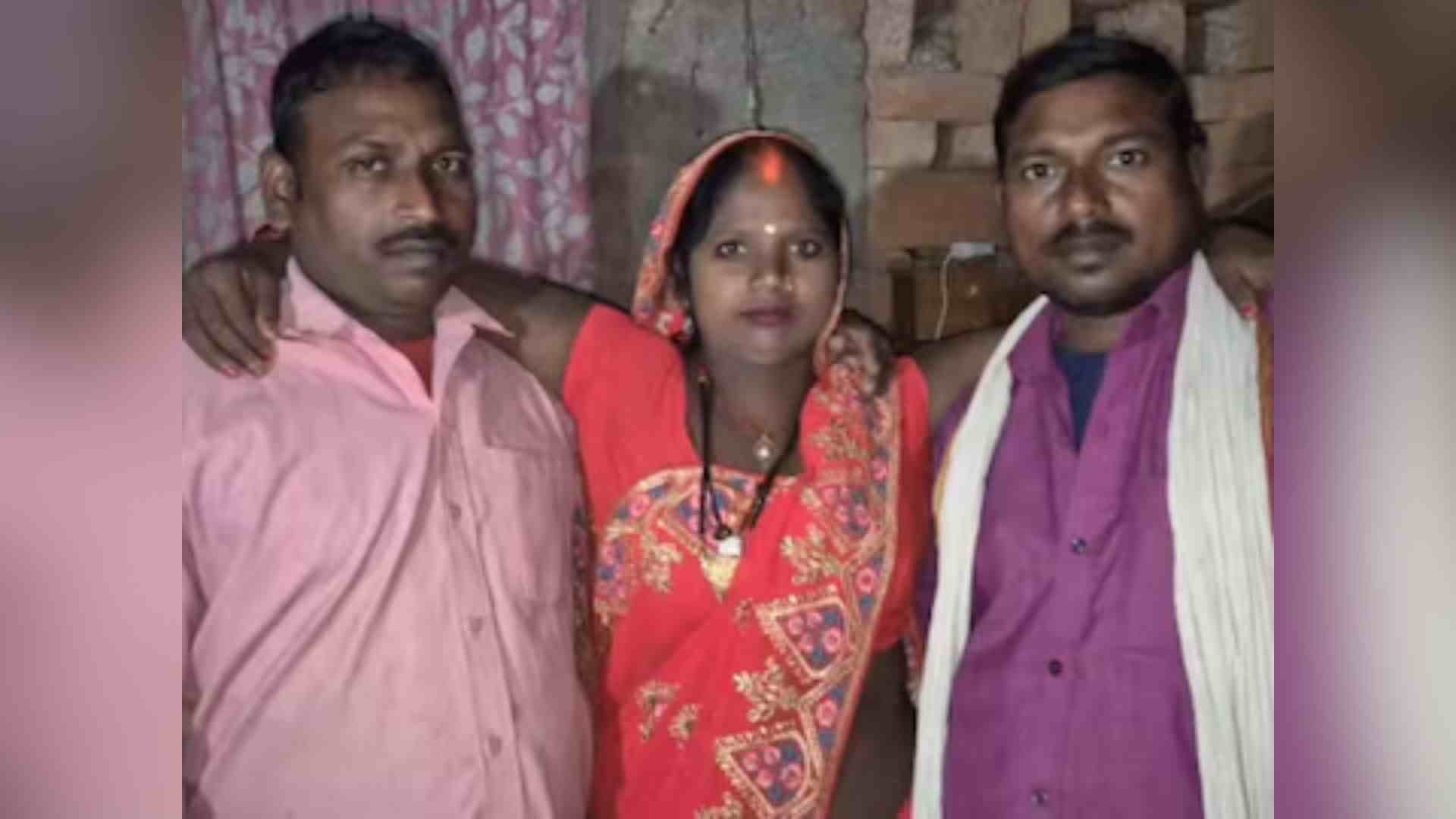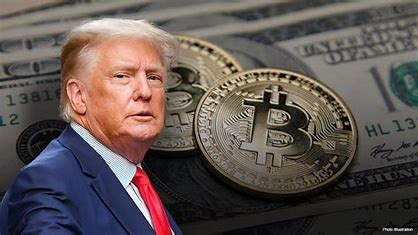During the recent swearing-in ceremony for India’s government officials, Chandra Sekhar Pemmasani, the newly appointed Minister of State for Rural Development and Communications and the wealthiest Lok Sabha MP, stood out. While the majority of leaders followed the customary oath, swearing in the name of God to uphold the Constitution of India, Pemmasani opted for a different path. As President Droupadi Murmu administered the oath of office and secrecy to Prime Minister Narendra Modi and 71 other ministers on June 9, Pemmasani’s oath captured notice for its distinct formulation.
Instead of invoking a higher power, he solemnly affirmed his commitment in English, stating, “I Dr Pemmasani Chandrashekhar do Solemnly affirm that….” This deviation from the usual oath, where ministers commonly invoke the name of God, underscores Pemmasani’s unique approach and potentially mirrors his personal beliefs or principles. Transitioning from a medical profession to governance, his decision to affirm instead of swear might signify a secular standpoint or a preference for a more inclusive oath-taking procedure.
Why Did Chandra Sekhar Pemmasani Omit the Word ‘God’ in His Oath Taking?
In the intricate fabric of India’s constitutional framework lie two distinguished paths for oath-taking, each endowed with profound significance. The first, a sacred invocation in the name of the Divine, resonates deeply with our cultural tapestry. Conversely, the second, an earnest affirmation of one’s integrity, holds relevance for those whose beliefs transcend the boundaries of traditional religious adherence, such as atheists. In this nuanced choice lies a reflection of India’s commitment to uphold the values of inclusivity and secularism, weaving together the diverse threads of our nation’s ethos into a unified tapestry of unity and diversity.
Unlike the traditional oath, Pemmasani chose to affirm his oath, stating, “I Dr Pemmasani Chandrashekhar do Solemnly affirm that…”
Pemmasani’s conscious choice to depart from the conventional invocation of divine presence during his oath-taking ceremony unveils the ongoing discourse enveloping the configuration of oaths within our nation. Embedded within Article 75(1) of our Constitution lies the freedom for individuals to either invoke the divine or solemnly affirm their allegiance to the constitution of India. Pemmasani’s resolute decision to opt for affirmation over the customary oath reflects a departure from the customary religious undertones often entwined with such ceremonial moments, offering a glimpse into his ethos and beliefs.
Moreover, in consonance with the provisions enshrined within the Oath Act of 1969, individuals are given the liberty to choose between pledging in the name of God or solemnly affirming their commitment to truth in various spheres, encompassing courtroom testimonies and the submission of affidavits alike. In this fluidity of choice lies a testament to India’s commitment to fostering an environment where diversity thrives, and individual convictions find respectful acknowledgment within the tapestry of our legal and societal fabric.

